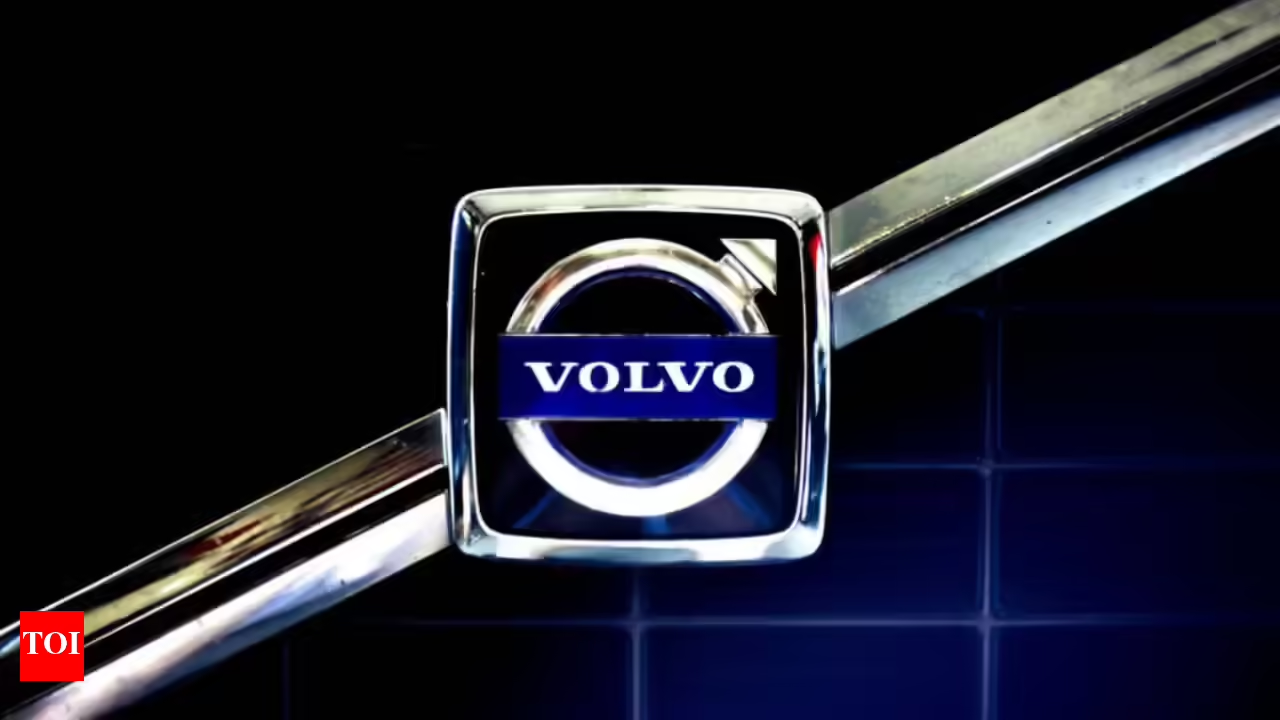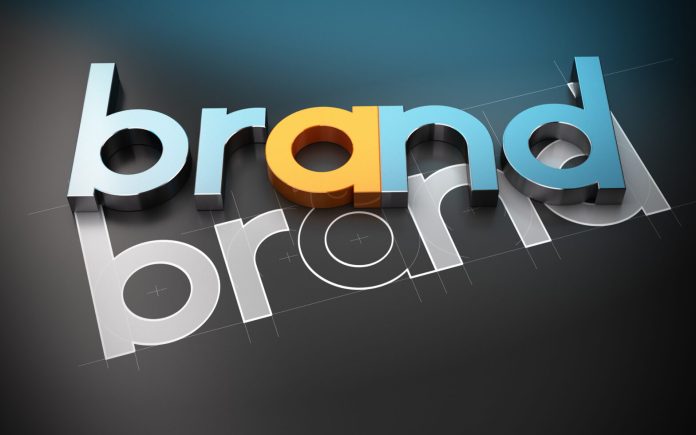- What is one of the most basic tenets of marketing any product being envisaged by businesses – big and small – enterprises, organisations, institutions, and establishments must have in the ways and means to spread what endeavour they have commenced to attract patrons? Any guesses? It’s easy, you see. It’s nothing but branding. As you are aware, branding is the marketing practice of creating a unique name, symbol, design, or message that identifies a product, service, or company and differentiates it from competitors in the consumer’s mind. Further, it involves building a unique identity in the public’s perception, encompassing a brand’s name, logo, values, and the overall customer experience to foster familiarity, fondness, and reassurance.

PC: Freepik
- The idea is to encourage consumer choice by positioning the product as an enviable, apt, and admirable one in all respects. Ever wondered why some of the biggest names in the business world go to great lengths to ensure their branding is not only assiduously protected from being misused, plagiarized, usurped, or copied by competitors? Simply to ensure the uniqueness of the branding stays with the original initiator and reap the benefits after years of hard work in positioning the same. Disconcertingly, it takes much to build a brand but not much to tarnish it. A good brand can even survive the market reversal. That’s the power of established branding. Many may counter by asking, What’s in a name? A lot, because a name isn’t just a word out of the dictionary.

PC: Times of India
- Mind you, applied to an adult – whether human or corporate – it is shorthand for their many traits. This is why Swedish automaker Volvo fought for 30 years to bar an Indian towel maker from using its name and won the case recently. It’s not the first case of trademark infringement in India. BMW vs DMW e-rickshaw, Facebook vs Facebake cake shop, and Starbucks vs Sardarbuksh Coffee are just some of the many examples. These court battles might seem pointless because the infringing party is tiny and incapable of stealing market share. But the issue here is reputation. Premium brands like Volvo and BMW don’t want to be cheapened in the eyes of their prospective buyers. They also don’t want to be mired in controversies arising from the actions of copycats.

PC: Penji
- Make no mistake, brands are everything in business. They grow when the groundwork – quality and reliability – is solid. As history suggests, ancient Japan laid down its first advertising code in 701CE, mandating every shop to display its name, and products like swords, spears, saddles, or lacquerware to bear the maker’s name. There was no hiding behind anonymity, which probably led to Japan’s quality-conscious culture. Because brands are built with care, they take years to mature. And if the fundamentals remain sound, they can survive market reversals. Kodak’s core photographic film business has shrunk to around 5% of its peak, but its brand value remains strong even now. Countries are brands too. In short, branding is for all seasons.






